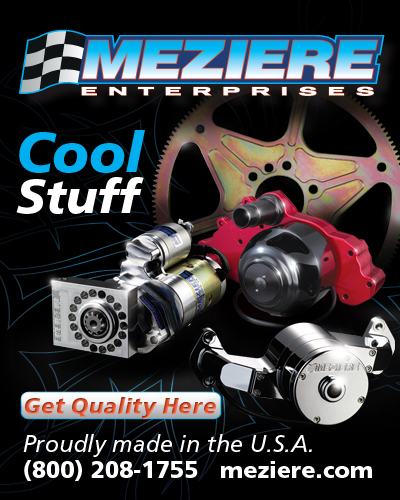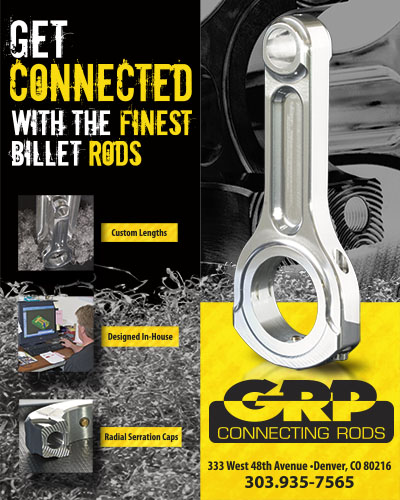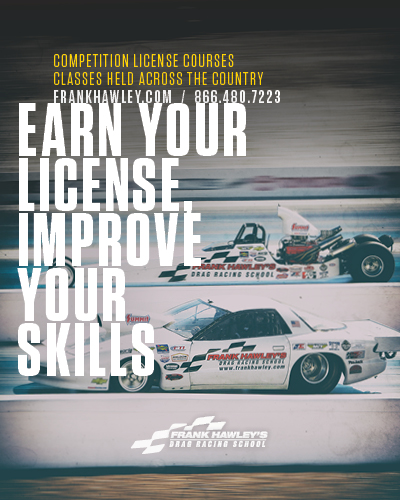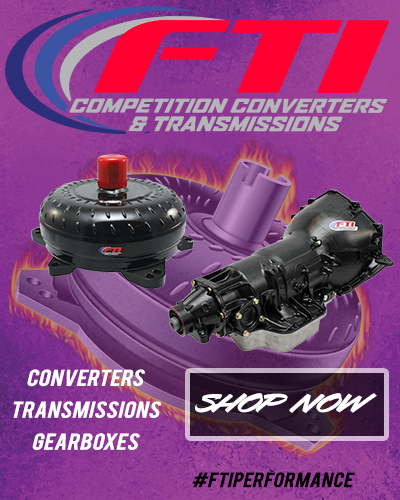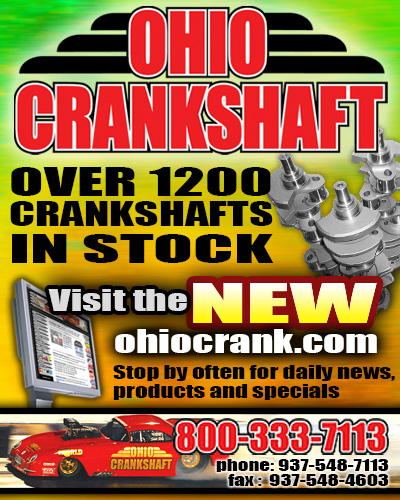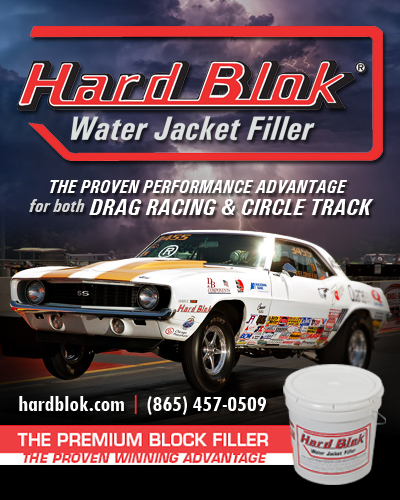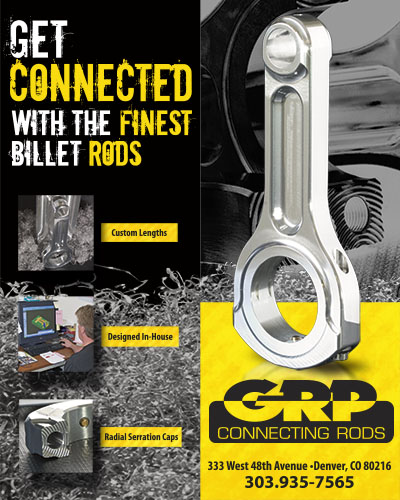MICHAEL KNIGHT: PROMISES, PROMISES
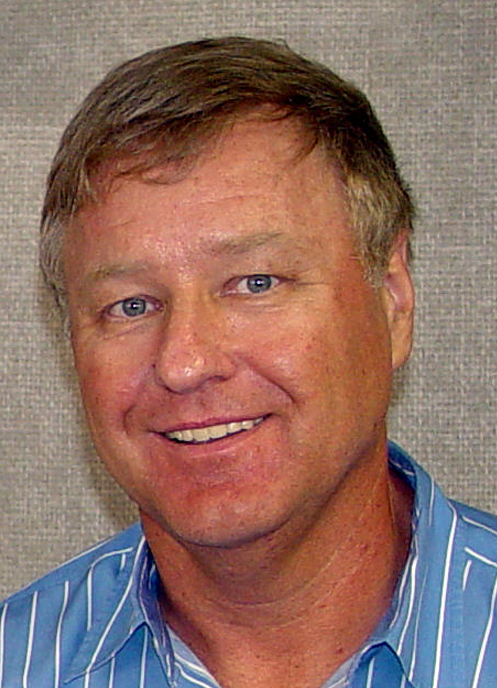
Promises, Promises.
Those two words have come to mind two times in recent weeks, for two dramatically different reasons.
Once was when one of my musical favorites, Oscar and Grammy award-winning lyricist Hal David, died. David was famous for his collaborations with composer Burt Bacharach and singer Dionne Warwick. All of us of a certain age have sung along: “What’s It All About, Alfie?,” “Do You Know the Way to San Jose?,” “What Do You Get When You Fall in Love?,” and other classics like “Raindrops Keep Fallin’ on My Head” from “Butch Cassidy and the Sundance Kid.”
And, yes, there also was his Broadway hit, “Promises, Promises.”

Promises, Promises.
Those two words have come to mind two times in recent weeks, for two dramatically different reasons.
Once was when one of my musical favorites, Oscar and Grammy award-winning lyricist Hal David, died. David was famous for his collaborations with composer Burt Bacharach and singer Dionne Warwick. All of us of a certain age have sung along: “What’s It All About, Alfie?,” “Do You Know the Way to San Jose?,” “What Do You Get When You Fall in Love?,” and other classics like “Raindrops Keep Fallin’ on My Head” from “Butch Cassidy and the Sundance Kid.”
And, yes, there also was his Broadway hit, “Promises, Promises.”
The other time was on the occasion of the announcement that Mello Yellow will assume the NHRA title sponsorship obligations from Full Throttle in 2013.
I might have been the only writer on that media conference call who also listened-in in April 2008 when word came down that Full Throttle would replace Powerade. And who was on-site in Indianapolis when Powerade presented its first plan to drag racing business people before the 2002 Mac Tools U.S. Nationals.
A decent memory and contemporaneous notes can be very useful in trying to envision the future. Even though, in this case, it’s an inconvenient truth for NHRA and Coca-Cola.
Here’s a history lesson, in chronological order:
2002: Coke’s sports marketers told team and corporate representatives Powerade was going to promote the national events in every race location, specifically via retail outlets. It all sounded so good and those in attendance were so bubbly it was as if unlimited Perrier-Jouet champagne had been served in elegant crystal flutes.
Powerade pitched itself to existing fans via commercials that ran only on ESPN2’s event telecasts, plus a variety of at-track experiences. The two key words in that last sentence are existing fans. It appeared that any significant, meaningful outreach to bring in NEW fans ended with 2003’s NHRA-themed packaging and “high-horsepower flavor.” The last time I saw those bottles was in a “clearance items/marked down” basket at my neighborhood supermarket here in Scottsdale, Arizona – about three months after they first went on sale.
2008: Brad Goist, vice president and general manager for Water and Energy at Coca-Cola North America, said NHRA “will be the cornerstone for all of our marketing events.”
Asked specifically about activating the sponsorship to consumers, Goist promised it would be, well, Full Throttle.
“Absolutely,” Goist said. “And it goes way beyond the race markets. We are going to put 20 vehicles -- we actually are putting them on the road as we speak over the last 30 days, sampling vehicles in all major markets. Obviously, the race markets are going to be our focus.
“They've got pictures of the NHRA cars on them. They say, ‘Go Full Throttle or Go Home.’ We'll sample over five million people this year. That's five million full cans of Full Throttle.
“We've got media advertising, which really won't hit fully until 2009 . . . but what you'll see immediately is retail activation in the markets, with point-of-sale that's very impactful . . . So this is a complete 360 brand activation.”
Some people drank that Kool-Aid. I didn’t. The reality did not come close to matching the promises. I consider the FT “era” to have been one of the Business of Racing’s biggest disappointments of the last decade.
2012: Sharon Byers, Coke’s senior VP sports and entertainment marketing partnerships, said of Mello Yellow’s intentions: “There's a ton of power in drag racing overall, whether it's in market or outside of a race market, and our intention is absolutely to take this as broad as we possibly can.
“We'll pull in a lot of driver appearances (at retail outlets), we'll do some national promotional . . . large customers, like Dollar General, are very interested in taking this nationwide. So we will do the power of Coca-Cola's marketing. We're going to take it to the finish line on this one.”
NHRA President Tom Compton said the third series ID change in six years isn’t a problem, in contrast to NASCAR Chairman Brian France, who admitted it was “not ideal” when the Cup title switched from Nextel to Sprint.
“Mello Yellow is a much larger brand (than Full Throttle),” said Compton. “It has tremendous resources . . . The brand planning is still in the works right now, but as always, we're looking to reach beyond the race markets and do things on a national basis which will now be much more able to do with this brand.
“So I think, yes and yes, we'll be doing much more activation around the races, and there will be opportunities to do things beyond the race markets on a national basis that probably wouldn't be as effective with Full Throttle.”
Honestly, I had an uncertain feeling about the Coke-NHRA relationship from its earliest days. I recall separate conversations with Joe Amato and Don Prudhomme, after they had talked with Compton, following the original Powerade announcement. What they got out of it, both said in so many words, was that NHRA was “lucky” just to get a replacement for Winston.
That sounded to me like a negotiation done on the defensive, not conducted from a position of strength.
So, when the final Wally is handed-out this month at Pomona and the last toast is made at the season-ending awards ceremony, it will be: See ya, Full Throttle. Welcome, Mello Yellow.
But, understand this, Coca-Cola sports marketers: It’s not the responsibility of NHRA fans to automatically support the new series sponsor. It’s that sponsor’s responsibility to earn that support.
And those sales.
Because, too often, all we’ve heard are . . .
Promises, Promises.























